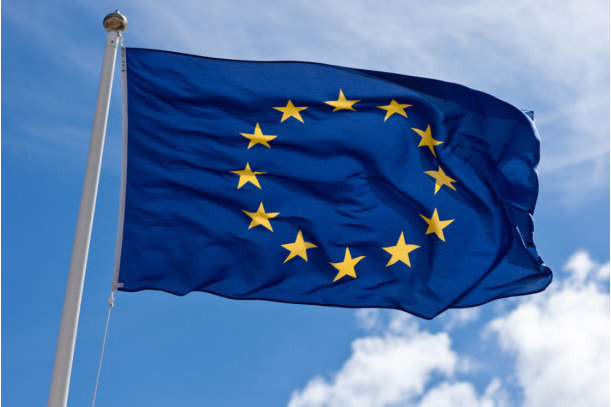Latest News
EU banks add €2.3 trillion to assets base despite geopolitical tension

News Highlight
The number of assets recorded a sharp drop between 2019 and 2020 in the wake of the pandemic.
A data report shared with Financial Nigeria by Finbold.com, a platform covering news on stocks, cryptocurrencies, banking, and more, says banks across the European Union (EU) member states as of Q3 2022 accounted for assets worth €29.01 trillion, representing a year-over-year (YoY) growth of 11.54% or €2.29 trillion from the €26.72 trillion recorded in Q3 2021.
“The European banking industry is navigating a tough economic environment complicated by geopolitical factors as fears of a possible recession loom,” Finbold notes. “Nevertheless, European banks seem to have adapted to the economic conditions to record growth.”
Notably, the number of assets recorded a sharp drop between 2019 and 2020 in the wake of the pandemic. During Q3 2020, the EU banking sector assets stood at €26 trillion, a drop of about 15% from 2019’s figure of €31.75 trillion. However, this period also coincided with a phase when assets held by Great Britain banks were removed from the EU aggregate, thus Q3 2020 figure was an estimation.
The value of EU banking sector assets peaked in Q3 2019, representing a YoY growth of over 6% from €29.81 trillion.
The research highlighted the implication of the geopolitical environment and its impact on the banking space.
According to the research report: “The growth in assets correlated with the rising geopolitical tensions following Russia’s invasion of Ukraine, a scenario that has made Europe strategically vulnerable. Indeed, the banks were at the forefront of helping regulators impose economic sanctions on Russia. Therefore, banks’ had to adhere, considering exposure to Russia in the wake of sanctions came with reputational and legal risk, a scenario that could have automatically affected asset growth.”
Although the banks are growing in assets, the momentum will likely be impacted by the prevailing recession concerns coupled with the continued geopolitical tensions, Finbold concluded.
Related News
Latest Blogs
- What Ould Tah’s tenure at BADEA reveals about his AfDB candidacy
- Implementation strategy crucial for the success of 12-4 education policy
- A senator’s suspension threatens the right of representation
- Tinubu’s promising revolution in infrastructure development
- Has Tinubu’s economic reform started working?
Most Popular News
- Artificial intelligence can help to reduce youth unemployment in Africa – ...
- Nigeria records $6.83 billion balance of payments surplus in 2024
- Tinubu appoints new Board Chair, Group CEO for NNPC Limited
- Tariffs stir inflation fears in US but offer targeted industry gains ...
- Soaring civil unrest worries companies and insurers, says Allianz
- CBN net reserve hits $23.1 billion, the highest in three years







